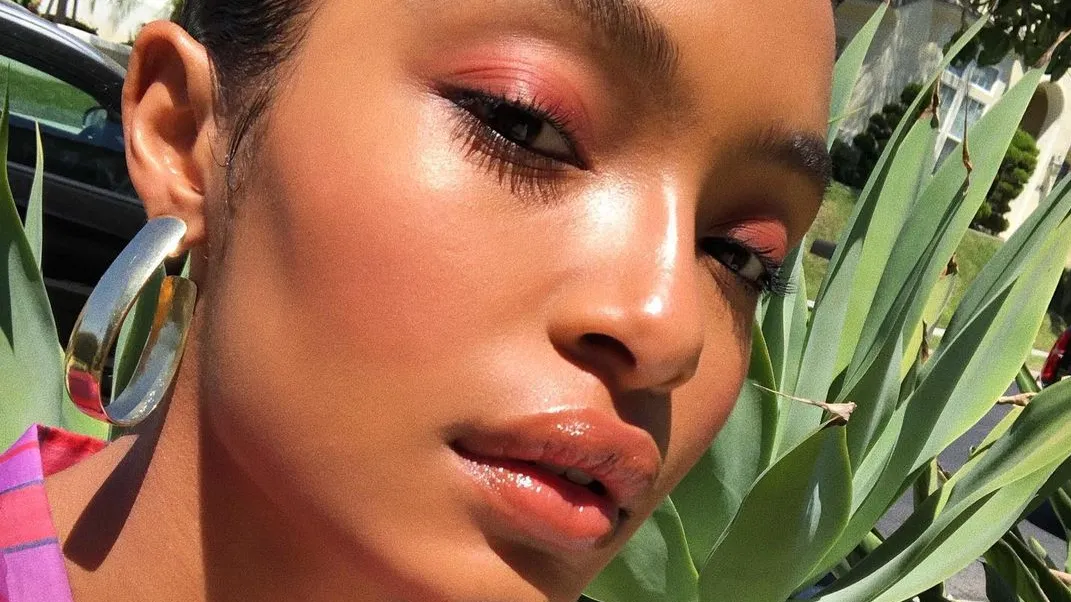In today’s eco-conscious world, sustainability isn’t just a trend; it’s a lifestyle. This extends beyond our choices in food and fashion to our beauty routines. More and more people are seeking eco-friendly alternatives in their skincare, makeup, and haircare products. If you’re looking to embrace sustainable beauty, this article is your guide to the latest trends in eco-friendly beauty products and practices.
1. Clean and Natural Ingredients
One of the most significant trends in sustainable beauty is the emphasis on clean and natural ingredients. Consumers are scrutinizing product labels and opting for formulations free from harmful chemicals, parabens, sulfates, and artificial fragrances. Brands are responding by offering products with ingredients sourced sustainably and ethically.
2. Minimal Packaging and Refillable Products
Excessive packaging has long been a concern in the beauty industry. Sustainable beauty brands are reducing waste by adopting minimalistic packaging and offering refillable options. This not only minimizes environmental impact but also appeals to eco-conscious consumers.
3. Waterless Beauty
Traditional beauty products often contain high water content, which can lead to increased carbon emissions due to transportation. Waterless beauty products are gaining popularity, as they are more concentrated and require less packaging. They also offer longer-lasting results.
4. Cruelty-Free and Vegan Beauty
The demand for cruelty-free and vegan beauty products continues to grow. These products are not tested on animals and do not contain any animal-derived ingredients, making them a compassionate choice for conscious consumers.
5. Sustainable Packaging Materials
Eco-friendly packaging materials like glass, bamboo, and post-consumer recycled plastics are replacing traditional plastic packaging. Brands are also using soy-based inks and eco-friendly adhesives to further reduce their environmental footprint.
6. Upcycled Beauty Products
Upcycling is a sustainable practice that involves repurposing waste materials into new products. Some beauty brands are incorporating upcycled ingredients into their formulations, reducing waste and supporting a circular economy.
7. Biodegradable and Compostable Products
Disposable beauty products, like wipes and sheet masks, have raised environmental concerns. Biodegradable and compostable options are emerging as sustainable alternatives, ensuring that these products break down harmlessly in landfills.
8. Sustainable Sourcing and Fair Trade
Sustainable beauty goes beyond the product itself; it also involves responsible sourcing of ingredients and fair labor practices. Brands that prioritize ethical sourcing and fair trade partnerships are gaining recognition among eco-conscious consumers.
9. DIY Beauty and Refill Stations
Some beauty enthusiasts are taking a DIY approach to skincare and cosmetics. This trend involves making your own products or refilling empty containers at local beauty refill stations, reducing the need for new packaging.
10. Carbon-Neutral and Zero-Waste Brands
Brands are making commitments to become carbon-neutral or zero-waste, with initiatives to reduce emissions, recycle packaging, and minimize waste throughout their supply chains.
In conclusion, the sustainable beauty movement is reshaping the beauty industry, offering consumers the opportunity to make eco-friendly choices without compromising on quality. By embracing these latest eco-friendly beauty trends, you can align your beauty routine with your commitment to a greener and more sustainable lifestyle. Make the switch to sustainable beauty products and contribute to a healthier planet while enhancing your natural beauty.










